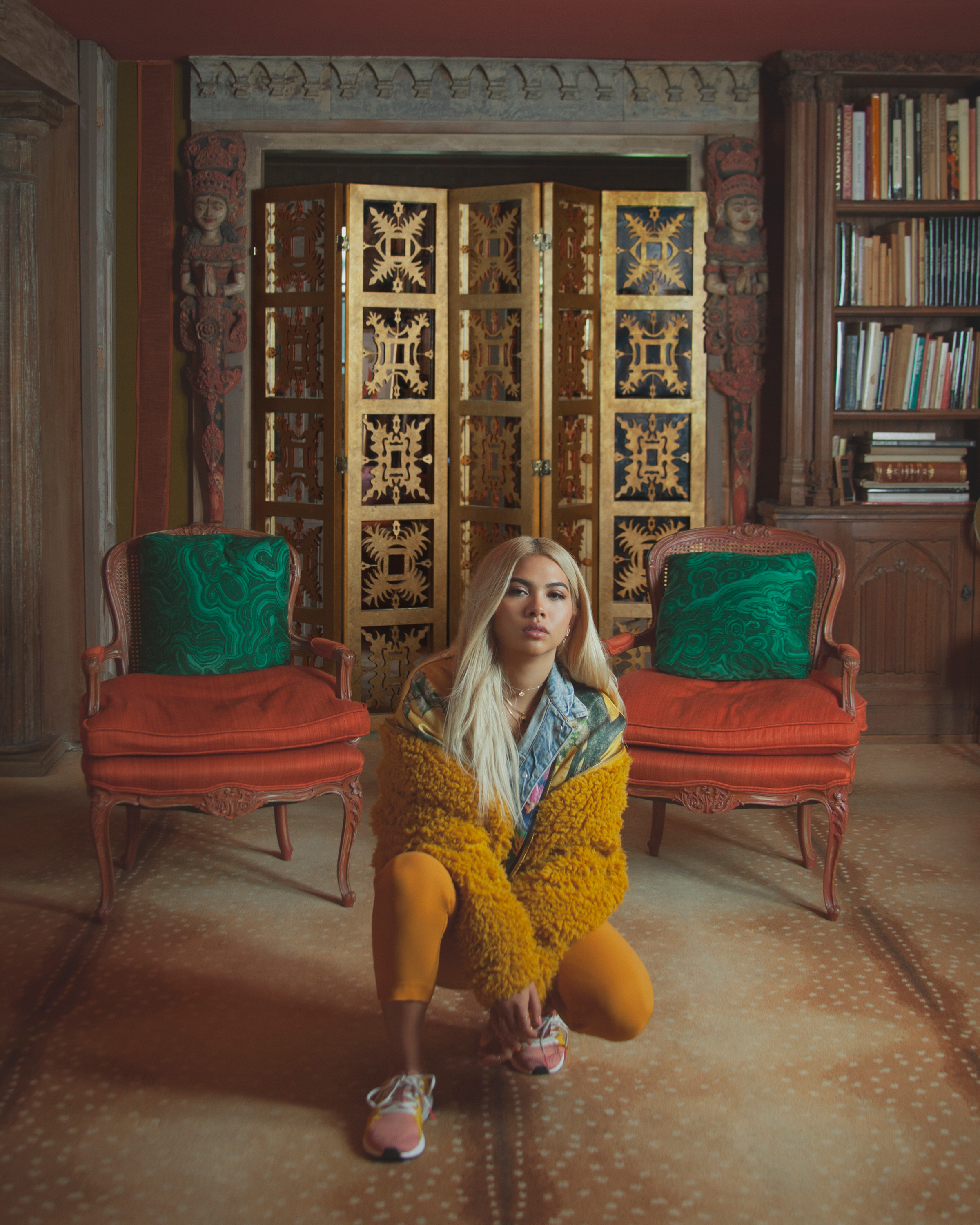Personally, music has always been about connection and expression, which is why I value diversity and representation. From Tchaikovsky to Freddie Mercury, LGBT people have made important contributions to the music scene. Yet visibility has generally been limited to cisgender white gay men. On 1st January 2018, Japanese-American artist Hayley Kiyoko – affectionately titled ‘Lesbian Jesus’ by her fans – declared we were entering “#20GAYTEEN”. As we find ourselves in a new year, how successful was #20GAYTEEN, and where does LGBT representation in music proceed from here?
For starters, 2018 certainly saw LGBT women increasingly emerging into pop culture; alongside the popularity of Hayley Kiyoko’s first full-length album, bisexual artist Halsey has continued her pop takeover with tracks such as “Eastside” and “Without Me”. New on the scene is King Princess, whose breakout song “1950” has over 150k streams on Spotify at the time of this article. Elsewhere, Brockhampton has continued to redefine the American boy-band through its diverse members, with their latest album Iridescence debuting at number one on Billboard 200. The fact that a plethora of artists from Panic! At The Disco’s Brendon Urie to Janelle Monae have come out as part of the community suggests that mainstream music is becoming more LGBT-friendly.
While LGBT women are becoming more visible, there’s still room for improvement regarding non-white women
But there are limits to this seeming progress. It remains the case that the majority of LGBT visibility in the mainstream music industry centres on cisgender white men. There appears to be little if any mainstream representation of trans- or non-binary musicians. Also, while LGBT women are becoming more visible, there’s still room for improvement regarding non-white women. Even when there’s visibility, misrepresentation of LGBT people remains prominent. For example, Rita Ora’s 2018 song ‘Girls’ was controversial for its portrayal of bisexual women, with Kiyoko criticising it as “fuelling the male gaze”. Furthermore, there remains a space for homophobia, seen in artists like Eminem, who used slurs against rapper Tyler, the Creator on his song ‘Fall’. The fact that people are drawing attention and calling out such instances of homophobia and biphobia could suggest the industry is moving forward in the right direction. But a lot of work still needs to be done to ensure mainstream music is accommodating to the whole of the LGBT community.
So considering this, how can the music industry progress? One key step is to continue to hold homophobia, biphobia and transphobia in music to account. The backlash against tracks like ‘Girls’ and ‘Fall’ is a good start, but consistent criticism of bigotry is needed so that it isn’t allowed a place in the industry. Another way to improve would be to listen to and support a diversity of LGBT artists. In terms of non-white artists, Rina Sawayama, who identifies as both bisexual and pansexual, is a Japanese-born London-based artist with a unique style who The Guardian dubbed the ‘best new artist of 2018’. For RnB and hip-hop lovers, Afro-Puerto Rican rapper Princess Nokia identifies as sexually fluid and is a vocal supporter of intersectional feminism. Additionally, lesbian artist Syd, who has been involved in hip-hop groups The Internet and Odd Future, writes openly about her relationships and sexuality. Rapper and singer Angel Haze is pansexual and agender, using their music to address themes such as homophobia, racism and mental illness. If hip-hop isn’t your scene, Laura Jane Grace fronts punk-rock band Against Me!. In the band’s album, Transgender Dysphoria Blues she explores her experiences of transitioning and coming out as a transwoman. Additionally, English experimental trans musician Anohni is known for her powerful and often political music, with her 2016 song “Drone Bomb Me” being featured on many best-of-2016 lists.
Perhaps #20GAYTEEN did not go as far as it could have gone. Yet this should not take away from the meaningful achievements of openly LGBT acts such as Frank Ocean, Hayley Kiyoko and Brockhampton. As someone who grew up with little if any positive representations of LGBT women in music, I understand the value of seeing people like you making a mark. If 2019 is to be a year of further progress, it’s important to be critical of the music industry and how it represents marginalised groups while also celebrating LGBT artists. Music is a powerful and enjoyable way of connecting and understanding others, no matter how much their experiences differ from your own. Thus, better representation in the industry can only be beneficial for music-lovers.


Hello there! Do you use Twitter? I’d like to follow you if that would be ok.
I’m absolutely enjoying your blog and look forward to
new posts.